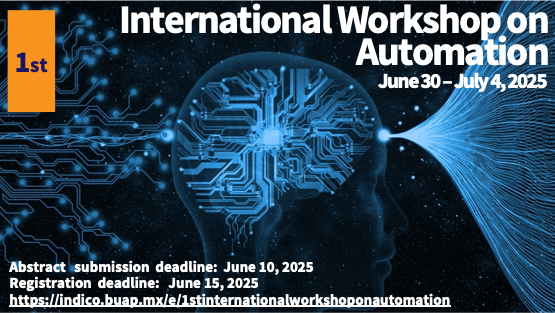Ponente
Descripción
Biologically-inspired models have gained significant importance in the development of computational and control systems due to their ability to replicate key functions of the human brain and sensory system. Two prominent approaches in this field are BELBIC (Brain Emotional Learning Based Intelligent Controller) and log-polar preprocessing, both derived from neurobiological and sensory principles.
BELBIC is a control model inspired by the emotional learning process of the human brain, specifically the functioning of the limbic system, which involves structures such as the amygdala, thalamus, and orbitofrontal cortex. Unlike traditional controllers, BELBIC does not require a detailed mathematical model of the system to be controlled. Instead, it relies on the ability to adapt and respond emotionally to stimuli and rewards. This approach enables the generation of intelligent behaviors in dynamic and uncertain environments and has been successfully applied in automatic control tasks, robotics, and autonomous systems.
Log-polar preprocessing, on the other hand, is based on the study of the human visual system, where the information captured by the retina is organized in a non-linear fashion: higher resolution is given to the central region and lower resolution to peripheral areas. This spatial transformation reduces the amount of data without losing the most significant information and has been used in applications such as pattern recognition and computer vision. Its structure also allows for a more natural representation of the human visual field, facilitating the interpretation of scenes and objects with lower computational effort.
Both models illustrate how biological principles can be transferred to the fields of engineering and artificial intelligence to design systems that are more efficient, adaptive, and closer to human behavior. Their study and application offer new perspectives for the development of nature- and biology-inspired technologies.

